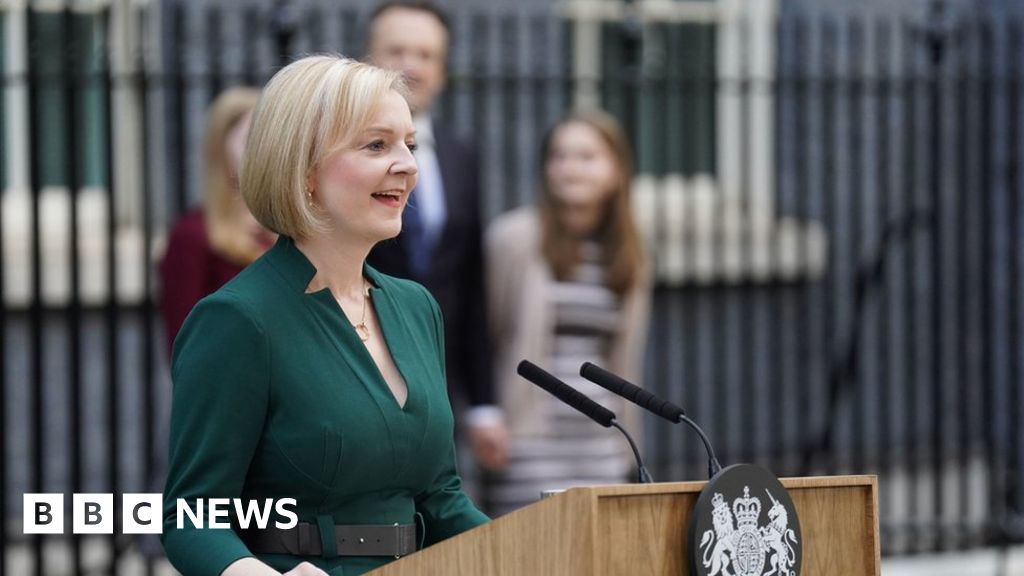UK hit hard by bond blunder: The Bank of England must accept responsibility for the fiscal black hole we will all end up paying for, says ALEX BRUMMER
By Alex Brummer for the Daily Mail
22:09, 14 Nov 2022 , updated 09:02, 15 Nov 2022
+1
47 comments
How headroom of £30billion in the UK’s public finances became a black hole of £70billion to be filled in this week’s Budget appears to be one of life’s mysteries.
Those looking for political scapegoats blame Liz Truss and Kwasi Kwarteng and their swashbuckling approach to tax cuts and borrowing.
That played a large part in the determination of Chancellor Jeremy Hunt to revert to fiscal orthodoxy amid concerns about fresh assaults on the pound and gilt-edged stock.
The real villain of the piece is inflation. It impacts by increasing the cost of government – notably welfare bills – and, as significantly, raises the price of servicing the national debt. Faced with elevated borrowing requirements post the financial crisis and Covid-19, the UK went all out on using index-linked debt to fund borrowing.
This made the work of the Debt Management Office much easier because of a voracious appetite from pension fund managers, because it assisted in balancing assets with liabilities.
The returns on index-linked gilts kept pace with the inflation triggers in the trust deeds of many funds.
It can now be seen how misguided this policy has proved and why the Government’s interest rate bill has become such a critical element in Treasury thinking. High dependence on index-linked gilts has proved a burden on the Exchequer.
It was assumed that the Bank of England would be so good at its job of meeting the inflation target of 2 per cent that the downside risk of issuing these gilts was minimal.
Another kink is that inflation-linked gilts have moved with the retail prices index (RPI), which generally runs hotter than the consumer price index (CPI).
The upshot is that at least half of the £70billion upsurge in borrowing costs can be traced to index linked gilts.
At 23.9 per cent of the UK’s total debt issue, the UK has the highest proportion of index-linked among G7 countries and twice as much as the next nearest borrower. This means that the UK is a total outlier in its dependence on index-linked stock.
The danger of inflation getting out of hand never appears to have occurred to successive chancellors, who signed off on debt issuance, or the Treasury and Debt Management Office, which advises government.


